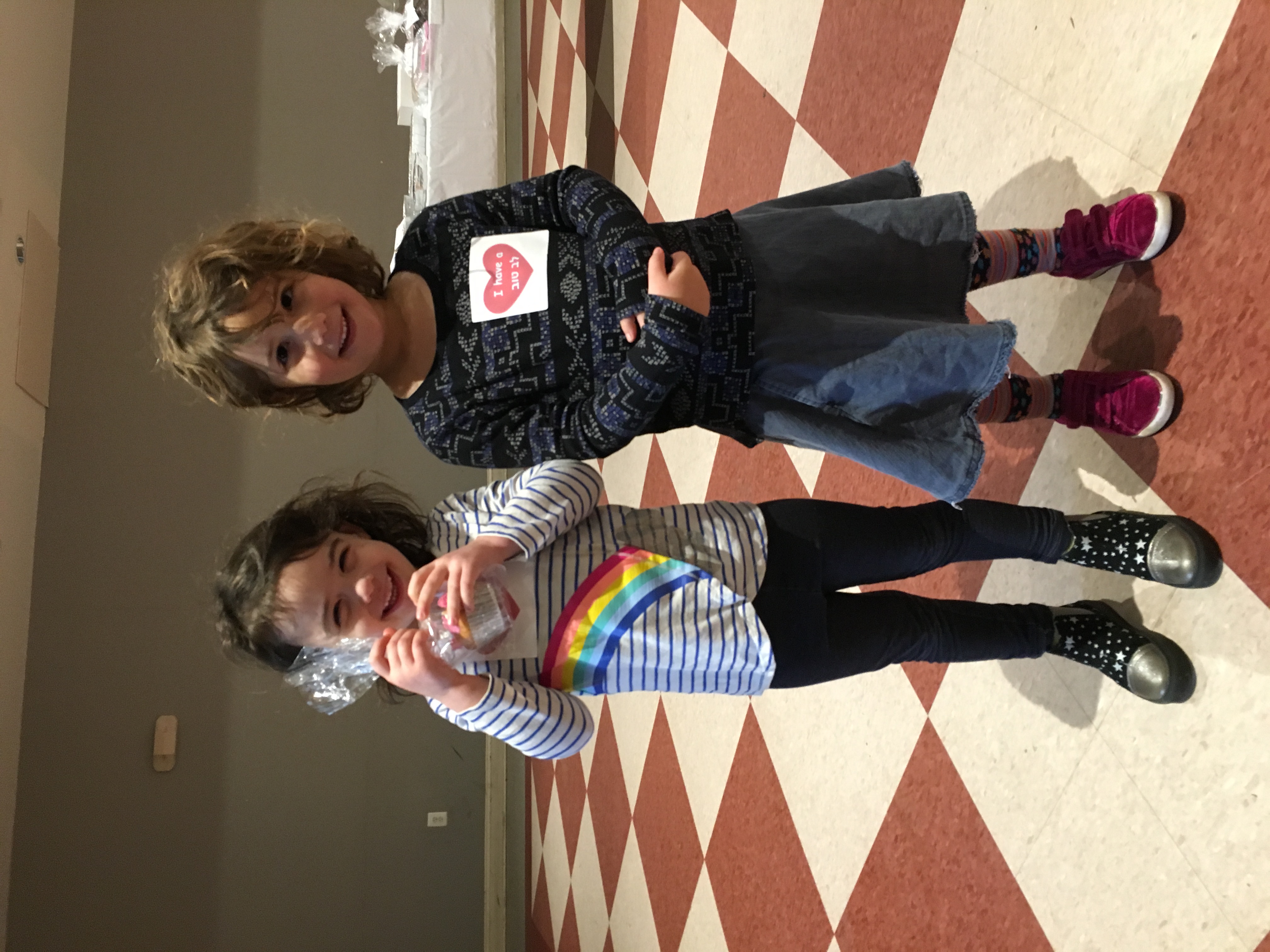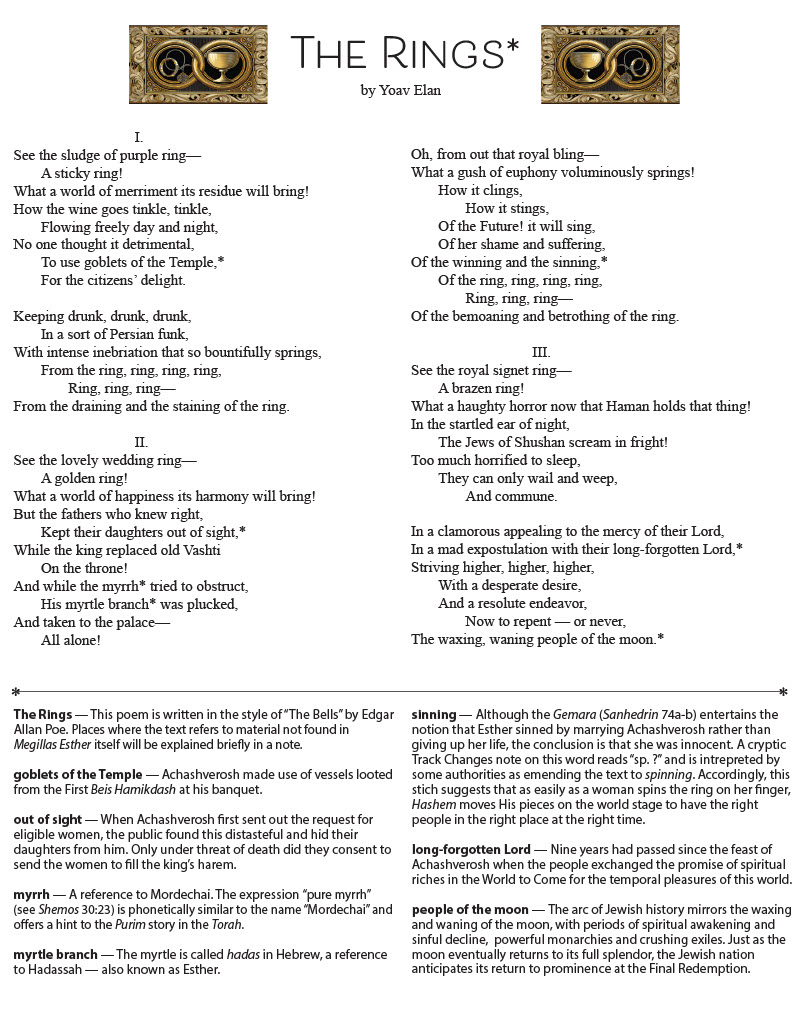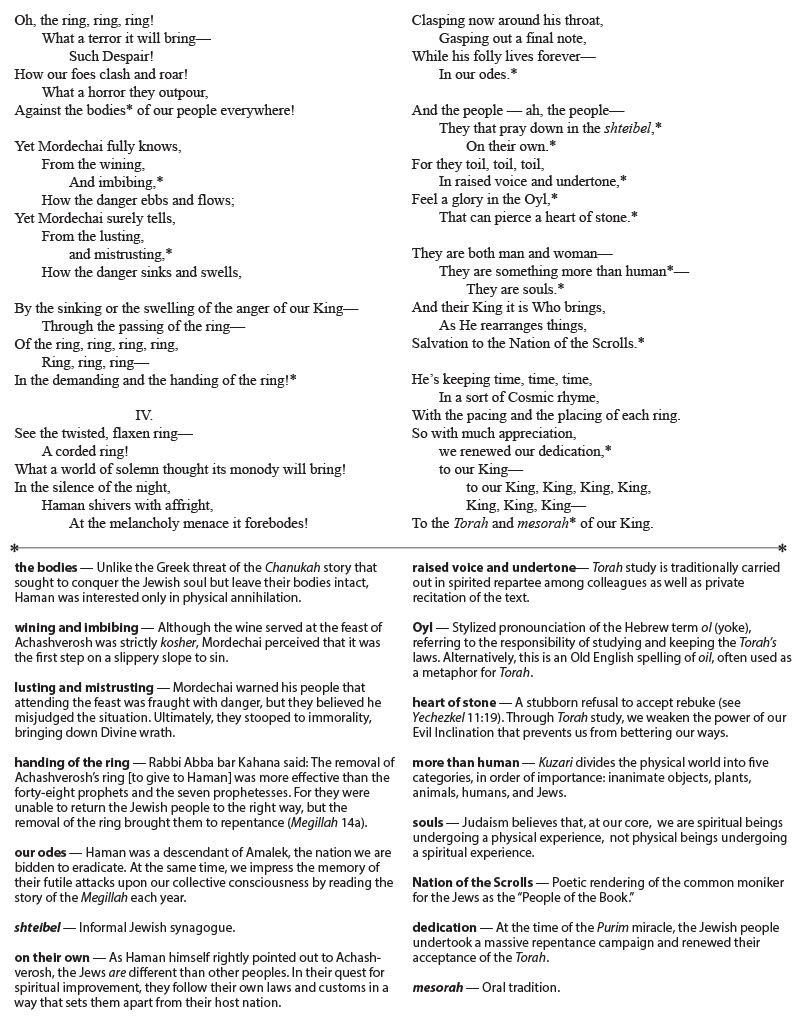The Ripple Effect of Chesed Starts at a Young Age

When a pebble is thrown into a pond, it creates rings around the spot where the stone hit the water. The ripples become wider and wider and spread across the surface of the pond until they can no longer be seen by the human eye. So too, when a person performs an act of kindness, it creates a ripple effect with the people around them, causing the first act of kindness to morph into countless others. The effects of one act of kindness can keep going endlessly, helping and impacting countless numbers of lives.
Such a phenomenon happened in Mrs. Aliza Lee’s playgroup a few weeks ago when, in honor of their unit on chesed for the letter ches, she read Kindness Is Cooler, Mrs. Ruler by Margery Cuyler to her three- and four-year-old students. That same week, Mrs. Lee’s mother had to go to the hospital. After a very long night and early morning with her mother, Morah Aliza had to go to her playgroup. That is when the beautiful ripple effect begun.


















